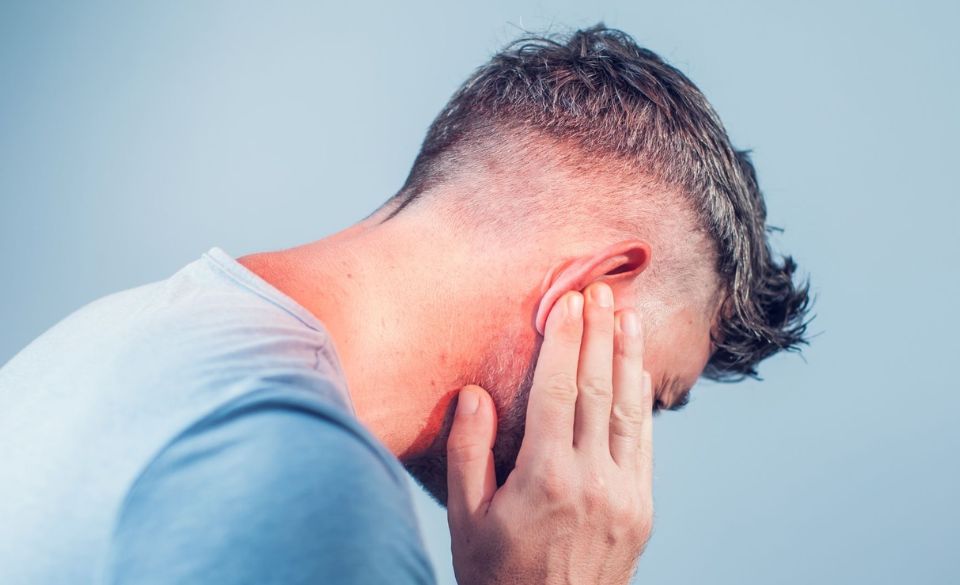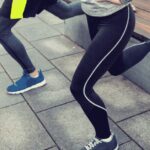
Why Do My Ears Hurt After Running
Page Contents
If your run regularly, you might be accustomed to burning legs, tight calves, and even feel out of breath. However, there are times when other parts of the body get just as sore. One of these is the ears.
While not often talked about, sore ears after running is a common occurrence within the running community.
In this article today, we discuss:
– Why do your ears hurt after running?
– Common causes of ear pain after running
– How to prevent sore ears post run?
What You Should Know About Ear Pain
Ear pain is most commonly caused by a change of air pressure within the ear. This is usually caused by environmental changes and biological fluctuations. Such as muscle tension, mucous, gut health, and even restriction of your blood vessels.
Other factors that can cause ear pain include temperature and altitude changes. These are external factors that often cause pain in your ears after running, and can increase pressure in your eustachian tubes. These tubes are what connect the ear to the back of your throat and play an important part in maintaining correct air pressure within your ear.
However, when moisture from sweat builds up, it can cause the blood vessels inside your ears to constrict. This constriction leads to a change of pressure within the ear and triggers the pain you may feel during and after running.
How Do I Stop My Ears From Hurting When I run?
Now you have a general idea of why your ears might hurt after running, let’s look at the causes and preventions of ear pain if you are a runner.
Tight Jaw
Running with a tight jaw can cause your ears to hurt after a run, this is because the nerve that runs from the jaw to the eardrum gets overstimulated. Overstimulation is caused by grinding your teeth or overstressing your facial muscles while running.
To help prevent a tight jaw and ear pain when you run. Try relaxing your facial muscles. If you find you start to tense up again, take a deep breath and start relaxing your facial muscles and jaw. To prevent ear pain when running, spend a few minutes massaging your ear before running. This will improve blood flow in and around the ear.
Music
While you wouldn’t think music could be a cause of your ear pain, you can’t be further from the truth. Listening to loud music when you run can lead to ear pain, hearing loss, and even ruptured ear drums. This is because loud music (when using earphones) can damage the hair cells and membranes in the cochlea. This is a tiny bone located inside the inner ear.
To prevent any of this from happening, try to reduce the volume of your music or switch to audiobooks altogether. Alternatively, listen to music in one ear and a time, and alternate during your run.
Cold Weather
Running in cold weather, especially for long periods can cause your blood vessels to constrict. This ends up causing tension inside your ear as you run. It can also cause a reduction of blood flow, which may cause oxygen to build up, causing high pressure within the ear.
If this is something you suspect is the cause of your ear pain, try wearing a beanie or something that covers your ears when you run. You can also try to massage your ears to stimulate blood flow before you head out for training.
Change in Altitude
When your body experiences a change in altitude, it can cause increased pressure within the ears. This causes your blood vessels to constrict and place more stress on your eardrums when you run.
If you experience ear pain when running at altitude, try swallowing, chewing, or jaw exercises to help balance out the pressure in your ears.
Other Factors That Can Cause Ear Pain
While most of the above causes are something most runners experience at some point, there are actually many more causes of ear pain. However, these aren’t caused by running but rather overall health. These include:
-Ruptured eardrums
– Gastroesophageal reflux disease (GERD
– Build-up of earwax
– Ear infection or allergies
If you suspect you have any of the above, talk to your physician. they can help treat and prevent these issues from happening again.


